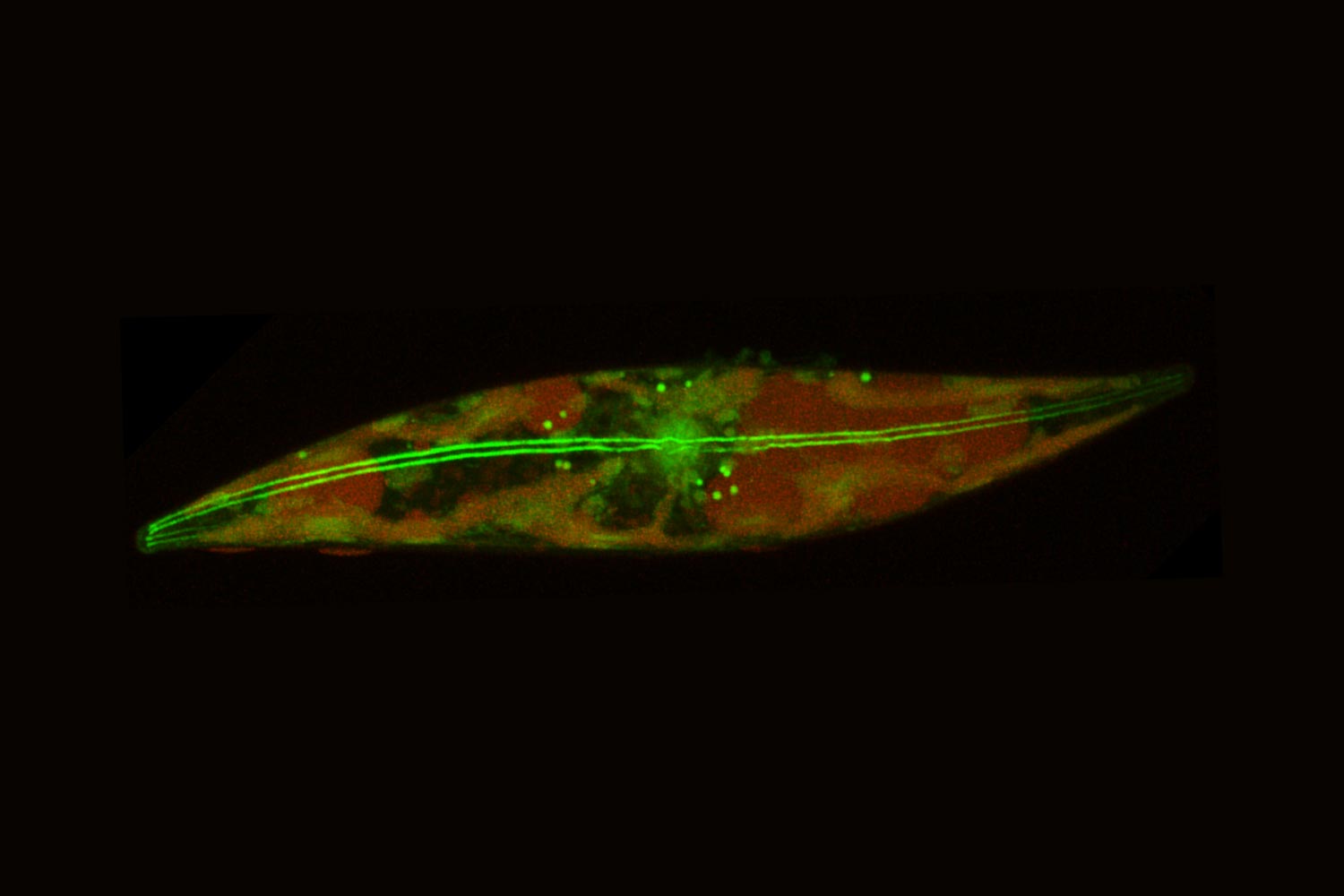Beneath the icy surface of the Arctic, researchers have uncovered astonishing behavior in microscopic algae. These tiny organisms are rewriting what scientists know about biology. While most life follows well-established rules for survival and reproduction, Arctic diatoms, a type of algae, thrive in extreme cold by using unique biological processes that challenge current scientific understanding.

Unusual Adaptations in Extreme Environments
These diatoms live under the Arctic’s frozen surface, where sunlight barely penetrates and temperatures remain frigid. Instead of following the typical biological patterns seen in other algae, they have developed special actin filaments that help them survive and even flourish in these harsh conditions. This discovery not only fascinates biologists but also offers valuable insights into how life may adapt to extreme environments—on Earth and possibly on other planets.
Implications for Science and Future Research
Understanding the unique biology of Arctic diatoms could help scientists develop new biotechnologies and improve models for climate change adaptation. Researchers now see the Arctic’s fragile ecosystem as a treasure trove of biological surprises. Each discovery highlights how much there is still to learn about life at the planet’s most extreme frontiers.
















